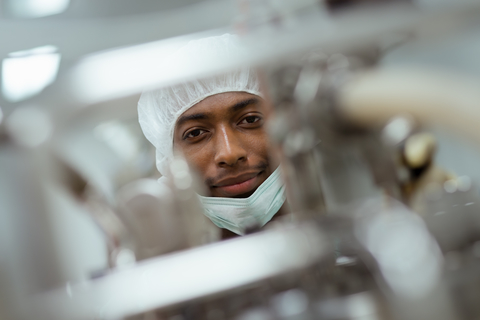Multi-million pound project will help prevent animal testing in nanotechnology

Scientists at Swansea University Medical School have just received approval from the European Commission for an international collaborative grant expected to be in excess of €12m to develop novel cutting edge tests to prevent the use of animals when assessing safety concerns surrounding nanotechnology (Swansea University, 2017). The grant has been awarded as part of Horizon 2020.
Swansea University will lead an international team of scientists including academic, industrial, government and risk assessment partners to work on this major project called Physiologically Anchored Tools for Realistic nanOmateriaL hazard aSsessment (PATROLS). The project involves twenty six partners spread across fourteen countries in Europe and across the globe including Canada, Japan, Korea and the US.
Shareen Doak is Professor of Genotoxicology & Cancer at Swansea University Medical School and is leading the project. She said “Nanotechnology promises significant scientific, economic and societal benefits, but commercialisation and growth are threatened by safety uncertainties.
“Several problems currently exist in the field of nanosafety testing: standard non-animal tests are unreliable for nanomaterials, so there is a greater emphasis on evaluating their safety in animals. However animal tests are also unsuitable as they are expensive, time-consuming, and are associated with substantial moral concerns. Additionally, these tests do not predict the consequences of long term exposure on both human health and the environment.
“PATROLS will address these limitations by providing state-of-the-art 3D culture models of the human lung, gastrointestinal tract and liver. The project will also deliver advanced testing methods for environmental safety testing and robust computational models that will allow us to more accurately predict human health and environmental safety based on data generated in cell culture, removing the need to test on animals. Exposure under realistic conditions (low concentrations over extended periods of time) will be applied to human cell culture to understand the true risk associated with nanomaterials in consumer products.
“PATROLS comprises many of Europe’s leading experts in nanosafety, ecotoxicology, cell biology, systems biology, computational modelling, tissue engineering and material science. This range of expertise will allow PATROLS to develop the next-generation of non-animal nanosafety testing solutions, to protect consumers, workers, patients and our environment, allowing us to enjoying the benefits that nanotechnological developments promise to have on our daily lives.”
Commenting on the award, Chief Scientific Officer for Wales Julie Williams said “I am delighted that Swansea-based scientists will lead this worldwide initiative to translate nanotechnology into safe applications affecting human health, economic development and public policy. It is vital we exploit cutting-edge science for the good of mankind.”
Dr Kalyan Sarma, from Innovate UK said “This award is a fantastic win for the PATROLS consortium. It is testament to the quality of the team and the value that they will bring to the nanotechnology industry. Nanosafety is of paramount importance in assuring sustainable development opportunities within the nanotechnology industry so the developments promised through PATROLS are both exciting and will support industrial growth across a broad range of sectors.”
The PATROLS project is scheduled to commence in autumn 2017 and will run for three and a half years.








